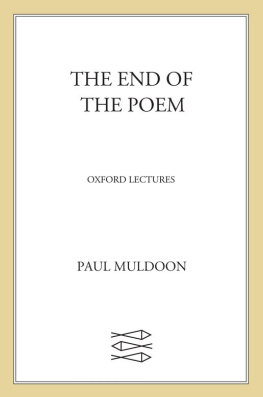Authors invariably accumulate numerous debts. My first and deepest thanks go to my wife, Margaret, who often found me preoccupied by this project throughout the 1990s and whose comments on various parts of the text were very helpful.
Sir Robert and Dame Thea Muldoon and their daughter Barbara Williams discussed fully and frankly with me various matters and Dame Thea made me very welcome in her home while I was researching the papers stored there. Without their input and the papers Sir Robert made so freely available to me the biography would have been far less rich in detail and insight than I believe it is.
Numerous other people made their time, recollections and opinions available to me, as listed in the Bibliography. All those interviews contributed to my account though I take full responsibility for my final analysis which often synthesises many other inputs and interpretations.
Officials of the National Party in both Head Office and the Auckland Division, notably Roger Gill, Margaret Skews and John Tremewan; members of the National Partys Parliamentary Research Unit; and staff of the National Archives and National Library, especially the Alexander Turnbull Library, assisted in locating and making available information. The Noeline and Robert Chapman Audio-visual Archive at the University of Auckland also was a major resource.
Among the papers in the Alexander Turnbull Library are those collected by Denis Wederell during the 1960s for the biography he hoped to write but did not. I was especially grateful to Mr Wederell for his permission to use this major source of information, including letters from and interviews with people who had died before I commenced my research.
During the time the book evolved a number of secretaries typed drafts of various chapters. Kay Eady, Gillian Volp, Katrina Ward, Peta Bamber, Carmel Conlan, Julia Hung, Maria Jacob and Heidi Kubler all assisted in transforming an often amended manuscript into the final typescript.
To the newspapers, photographers, cartoonists and photo archives, all acknowledged individually throughout the book, who gave me permission to produce illustrations, my thanks are also recorded.
Further improvements resulted from the comments of Brian Easton, Sir Robert Jones, and Rt Hon David Lange, who read parts of the typescript, and an anonymous reader who read the entire text. Jenny Chapman helped check a number of facts and footnotes during the copy-editing stage.
The professional expertise of the Auckland University Press, notably Elizabeth Caffin, the publisher, Simon Cauchi, the editor who also compiled the index, Katrina Duncan who designed and typeset the book, Christine Hansen, who created the cover, and Christine OBrien and Catriona Robertson, who organised the publicity, turned the typescript into a book which I hope many will enjoy reading as much as I did researching and writing it.
T OWARDS THE END OF 1988 S IR R OBERT M ULDOO N INVITED me, in my capacity as chairman of the Auckland College of Education, to come on to his Radio Pacific talkback programme on a Sunday afternoon and discuss bicultural and bilingual education. During a news break he mentioned that he had just read for the second time my biography of Michael Joseph Savage, and had enjoyed it again. I replied that one day somebody would try to write a well-researched biography of him and I hoped that person would not have the same trouble as I had experienced in getting material on Savages life. Muldoon said that was no problem as he had kept almost everything in his archives. Almost as an afterthought I added that if he was prepared to be interviewed by me and to make his papers available I would not mind attempting the task myself. His reply was to invite me to come round and talk with him at home the following morning.
I was not confident he would agree to co-operate with me in the researching and writing of his biography because in 1984 he had been the one member of the National Partys Executive who had spoken and voted against my being authorised to write the National Partys history for the fiftieth anniversary of its foundation. He had argued that someone with my long Labour background could not possibly write a history sympathetic to the National Party. After its publication in 1986 he had telephoned to tell me he had been mistaken. He added, however, that although he could find no errors of fact and thought I had been fair, even when criticising him, nevertheless I had missed some nuances because I had not been involved personally in the events.
When I arrived at Muldoons home the day after the broadcast, he met me at the door, ushered me into his lounge and after we had sat down said without any preamble, Where do you wish to start? I replied that I thought we were going to discuss whether I would write the biography or not, but he had clearly made up his mind and simply enquired, Do you want to start interviewing me or do you want to know about my papers? Over the next few years I interviewed Sir Robert eighteen times for up to four hours on some occasions. While working chronologically through the interviews we sometimes spent a whole session on a particular aspect of his philosophy, personality, policies or actions. These interviews usually took place in the lounge of his Auckland home, and each session was invariably interrupted on a number of occasions by people phoning and asking for his advice on a bewilderingly wide range of matters: for example, how to arrange a welfare benefit; could he help the caller get a state house; was their pension safe if it was paid into the ASB. Muldoon always listened carefully, responded courteously, and either suggested a remedy, offered assurance or promised to look into the matter and get back to the caller as soon as possible. He never appeared annoyed, impatient or frustrated by the interruptions.
Sir Robert gave me the combination of his office safe and the keys to two large strongrooms in which he had deposited all his public and personal papers. The collection in quantity rivalled, and in quality probably surpassed, the fabled Nash papers. He also made available to me his parliamentary office, when he was not present, and the papers there, and gave me free access to both his library and the papers stored in his garage at home. I started work on the material early in 1989 and was able almost to complete my work on the papers located in Wellington during a leave in early 1990. In 1991 and 1992 I worked on the papers in his home and also re-examined the papers of the National Party, which I had first researched in 1984 and 1985, and those in the National Research Unit and in various collections of the Alexander Turnbull Library.
I prepared a list of about 140 people whom I intended to interview and gave this list to Sir Robert for additions. He suggested another 40 people, most of whom were connected with his early or private life. Nearly all those people were interviewed although for varying reasons five declined: Bill Rowling, Colin Moyle, Bob Tizard, Ruth Richardson and Simon Upton. The last three did, however, discuss their general assessments of Muldoon in brief conversations with me. Richardson replied that she had total contempt for Muldoon. I dislike him and have no desire to contribute anything to his biography. He was a disaster for the party and the country. Upton and Tizard wanted to keep their stories for books they planned to write themselves. Tizards was tentatively entitled, he told me, BastardsIHaveMet and was to be in two volumes, the second devoted entirely to Muldoon. I also had the advantage of having frequently discussed Muldoon with Rowling, Moyle and Tizard, as well as other Labour politicians such as Norman Kirk, Arthur Faulkner and Martyn Finlay, during the 1960s and 1970s.

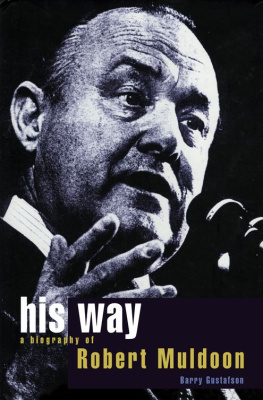
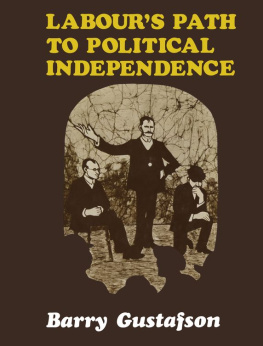
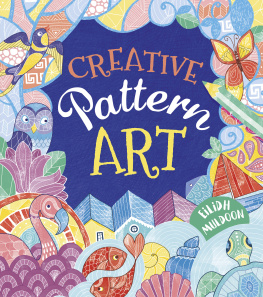
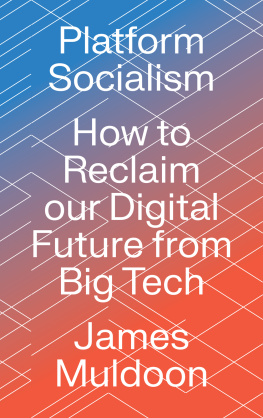
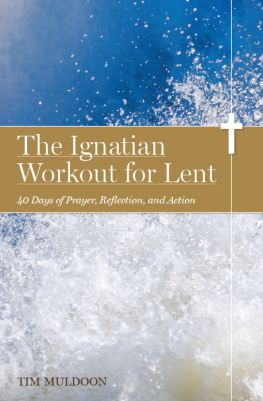
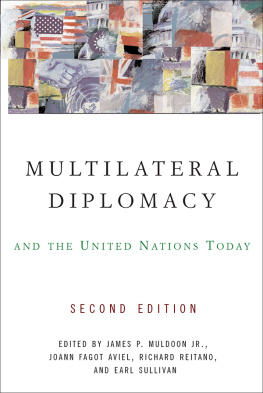
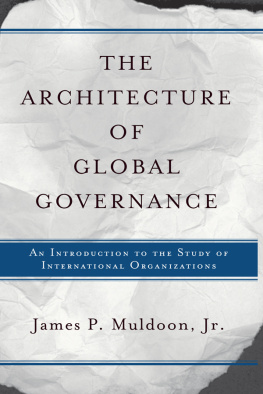
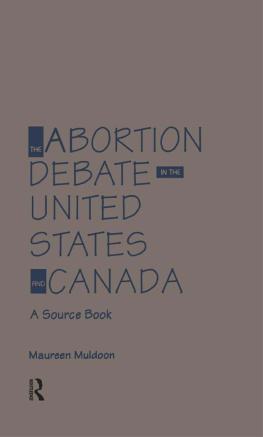

![Paul Muldoon [Paul Muldoon] - Poems 1968-1998](/uploads/posts/book/83661/thumbs/paul-muldoon-paul-muldoon-poems-1968-1998.jpg)
